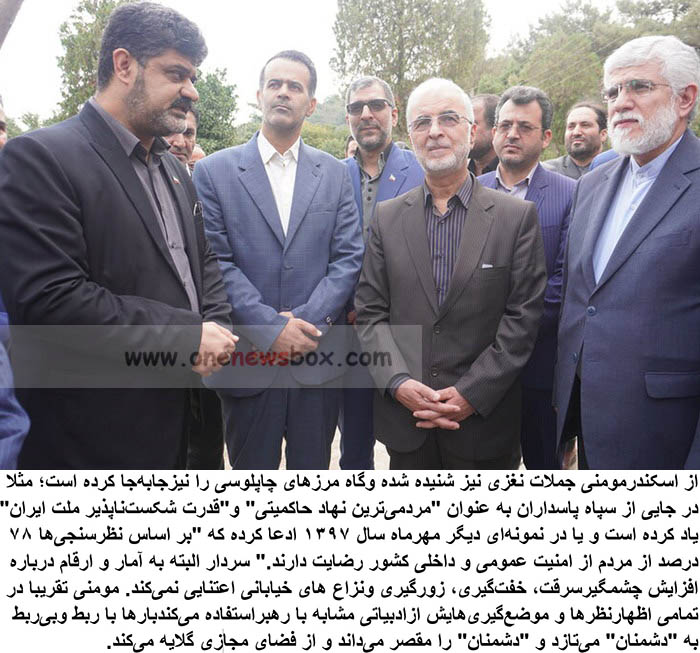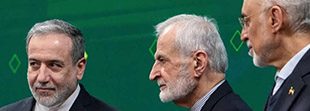Momeni’s emphasis on security extends to his views on social unrest and protests. He has been a vocal advocate for a firm response to anti-government demonstrations, describing them as “rebellion” and “disturbance.” Momeni has justified the use of force in quelling protests by arguing that maintaining public order is essential for the stability of the country.
Role in Suppressing Protests
Iskandar Momeni’s role in suppressing anti-government protests has been one of the most controversial aspects of his career. He has played a significant role in the crackdown on various protest movements in Iran, including those in January 1396, November 1398, and the “Women, Life, Freedom” uprising in 1401.
Momeni has consistently described these protests as threats to national security and has praised the police force for their actions in suppressing them. For example, during the “Women, Life, Freedom” uprising in 1401, Momeni publicly commended the “authority of the police in dealing with rioters.” He echoed the rhetoric of Iran’s leadership, claiming that “the rulers and the enemies brought rioters to the field with the intention of disrupting the order and comfort of the people.”
Momeni’s statements and actions during these protests have drawn criticism from human rights organizations and activists, who accuse him of overseeing and defending the use of excessive force against peaceful demonstrators. Despite the controversy, Momeni remains unapologetic, viewing his actions as necessary for the preservation of national security.

